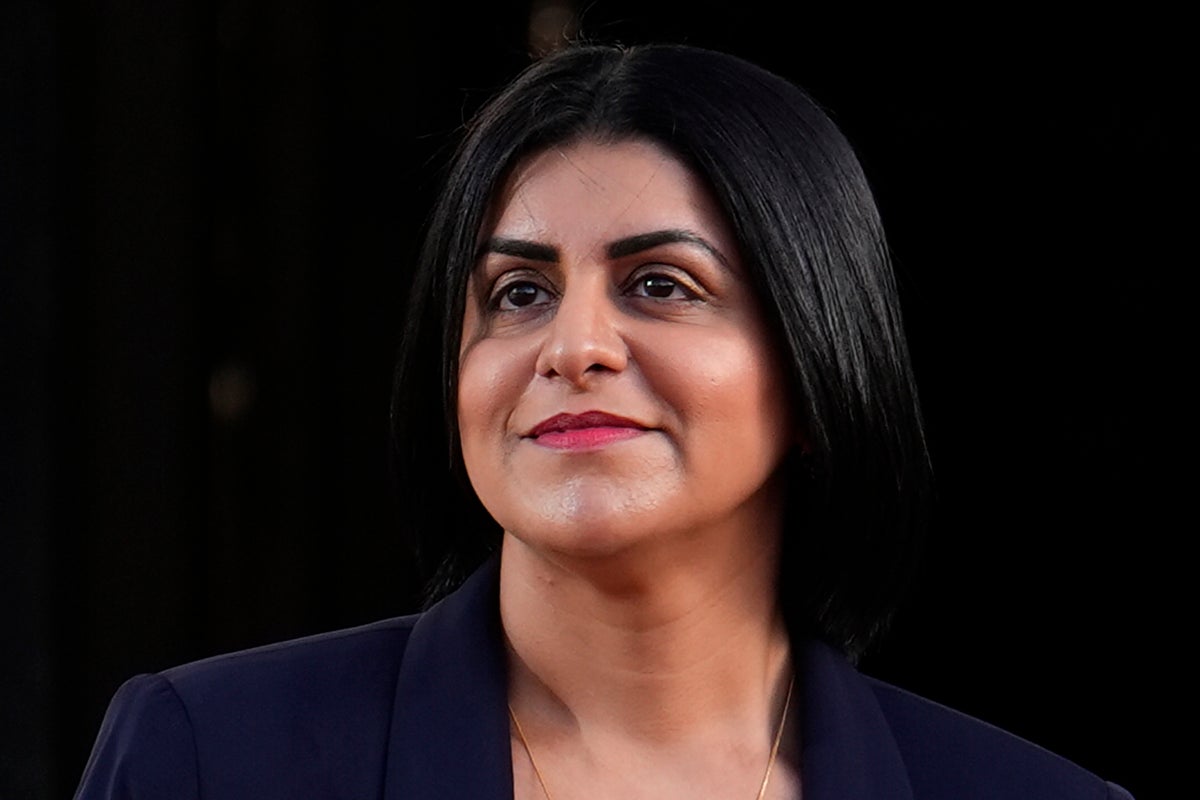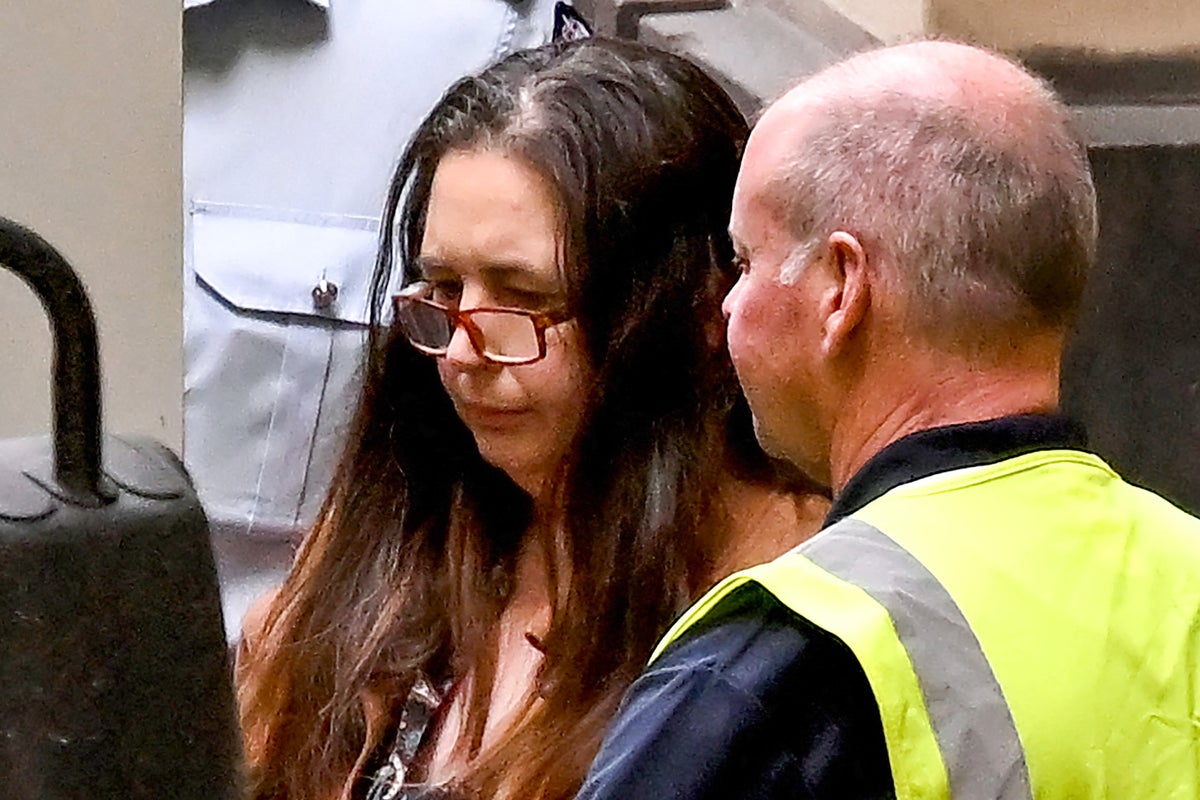News, East of England
 Tony Jones
Tony JonesBut for decades, Tony Jones has been putting them into words for audiences around the globe.
Goalmouth scrambles, furious bust-ups and matches played in sub-zero temperatures: the veteran TV commentator has seen it all.
His career has taken him from cub reporter at the Chester Observer to being the voice behind some of the World Cup, Premier League and FA Cup’s most iconic moments.
Among the broadcasters he has worked for are Sky Sports, UEFA and Premier League Productions, which streams the English top flight around the world.
But now the 67-year-old from Suffolk has hung up his microphone, having ended on a high covering the UEFA Champions League final on 31 May.
 Tony Jones
Tony JonesWhile many commentators forensically record the details of each match they cover, Jones does not.
“How many games have I commentated on? I haven’t got a clue,” he admits.
What he does recall is his first football reporting shift: a fixture at Chester City in the 1970s.
They came more regularly when he joined Anglia Television, ITV’s station in the East of England.
Jones was first deployed as a TV commentator for Ipswich Town’s 2-2 draw with Wolverhampton Wanderers in December 1995.
For Jones, who spent 40 years living in Norwich, it has all been a blur since.
“I know some commentators do keep lists of the games they’ve covered, but I tend to park it and move on to the next one,” he says.
“If you’re prepping for Bodø/Glimt and Roma on a Thursday, and then you’ve got to look at Aston Villa versus Brentford on a Saturday, you can’t really spend too much time dwelling on what’s gone on before.”
 Tony Jones
Tony JonesSome games do live long in the memory, though.
Jones remembers the rush of watching Southampton striker Shane Long score the fastest goal in Premier League history – at 7.69 seconds – in April 2019.
He also recalls Norwich City’s remarkable comeback against Middlesbrough in January 2005 as one of the most thrilling games he watched.
 Getty Images
Getty Images Getty Images
Getty Images“There are some players who make you take notice of what they can do, too,” adds Jones, a Wrexham fan who moved to Lowestoft in 2021.
“As a Welshman, certainly Gareth Bale for his outstanding pace.
“I saw Messi play when he was 17 and you could see then he was an outstanding player.
“[Cristiano] Ronaldo always had the ability to produce big goals on big days; big occasions.”
 Getty Images
Getty ImagesJones insists commentators are privileged to have “the best seat in the house”, but one stadium holds a special place in his heart.
“I’ve always loved Goodison Park,” he reveals, referencing the stadium that will no longer host senior men’s football but will be the new home of Everton’s women’s side.
The ground’s TV gantry is notorious for the precarious journey across its roof to access it.
Jones says: “That was an experience in its own right, but it was always such a great position to view from and the atmosphere was always special.
“These days, the needs of TV probably override everything else and the commentary positions will be discussed between the architects of the new stadium and the TV companies.
“But clearly for somewhere like Goodison, that was very different. They weren’t thinking about that in the 1890s when they built that stand.”
 Tony Jones
Tony JonesJones is less keen on the London Stadium, home of West Ham United since 2016.
“It’s just not really a football ground,” he says. “You tend to be a long way back from the action.
“I wonder if West Ham will look back and regret the decision to move there. It certainly lacks the atmosphere of the old Upton Park.”
There have been plenty of other “strange ones” over the years, Jones says.
“The old Doncaster Rovers ground, Belle Vue: you had to watch from behind the goal.
“I might as well have been looking at a TV monitor in the studio for the value of watching the game from that angle.”
 Getty Images
Getty ImagesSometimes getting to the ground has been the problem for him, however.
A trip to Blackburn Rovers to cover their fixture against West Ham was thrown into chaos when heavy snow caused the cancellation of his flight from Norwich to Manchester.
Braving the elements on the A14 instead, Jones took a call from Premier League officials.
“They said ‘Is this game going to be on?’ and I said ‘Not a chance,'” he says.
“But when I got to Ewood Park, it was a green oasis. It was remarkable how the pitch had been cleared.
“They decided to play it, despite the temperature being -5C (23F).”
 Tony Jones
Tony JonesAs for his commentaries, Jones says: “I’m sure there have been numerous occasions when I’ve got things wrong.
“When the ball is bouncing around in the penalty area, there might be two or three players on the ball at the same time and you might not know who gets the final touch in.
“But experience tells you to buy yourself time; to just say the goal has been scored and then wait for the replay.”
Nothing could have prepared Jones for the challenges of working during the Covid-19 pandemic, however.
 Tony Jones
Tony Jones Getty Images
Getty ImagesGrounds were closed to fans as football limped through the end of the 2019-20 season.
Jones says he was fortunate to be among a select few broadcasters who could still attend matches, but that it was a “surreal” environment.
“It was difficult for us because we need the noise of the stadium,” he explains.
“I’m sure for the players as well it must’ve been very difficult to find the same motivation that they would’ve had with a big crowd.
“That extra 0.01% that maybe gets them over the line, that gives them the opportunity to take on a defender and beat a defender.”
 Tony Jones
Tony JonesJones insists the role of commentator remains vital, despite the rise of influencers and YouTubers hosting watch-along events.
He hopes his work helped listeners around the world understand the value of the job.
“You occasionally hear people say ‘I’d rather watch the game without commentary,'” he sighs.
“Well, if you tried doing that I think you’d lose so much.”
But it is a role Jones is now preparing to walk away from.
He could not have ended his stellar career in finer fashion, though, watching Paris St-Germain thrash Inter Milan 5-0 to become champions of Europe for the first time.
It is one of many happy memories that he will hold on to in the next chapter of his life, to be spent travelling with his wife and doting on their six grandchildren.
Jones insists: “It’s not really a job; I’ve always said this.
“It’s a fun thing to do and it’s even better to be paid for it, certainly for someone who’s had a love of football since a child.”
He is quick to stress the job is not a simple one, though, with “a lot of hard work” going into it.
“I’ve had a good career, a long career that I’ve enjoyed so much of, but the time is right to go on and do other things.”



